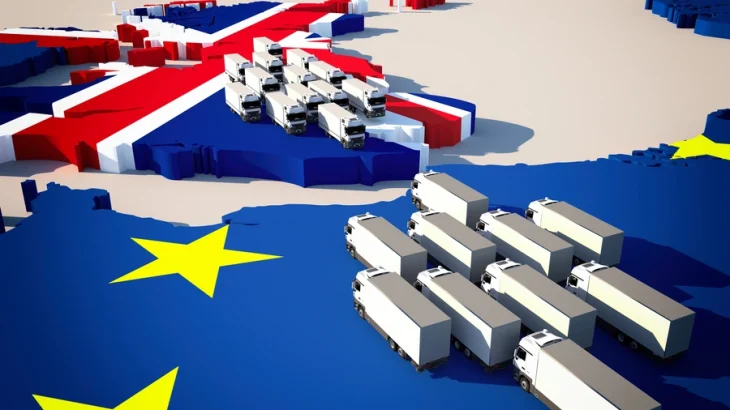
The departure of the United Kingdom from the European Union has significantly altered the landscape of international delivery. This separation has introduced new complexities in customs regulations, border controls, and overall shipping operations between the UK and EU, presenting new challenges for businesses engaged in international trade.
Prior to Brexit, the UK was a part of the European Union’s single market and customs union, which facilitated the smooth flow of goods across borders without the need for customs checks or tariffs. However, after Brexit, the EU now considers the UK as an external entity, leading to the implementation of stringent customs inspections and the imposition of tariffs on goods traded between the UK and EU member states.
These newly introduced customs protocols have significantly complicated the logistics involved in international shipping, resulting in increased administrative burdens and associated costs for businesses. The necessary adjustments have not only placed a financial strain on companies but have also disrupted well-established trade operations, demanding considerable time and effort to adapt to the new regulations.
Alongside revamped customs regulations, the UK has tightened its border controls. These measures aim to curb illegal activities, including the unauthorised movement of goods and people across its borders. However, these heightened restrictions have led to considerable delays at points of entry, significantly slowing down the movement of goods.
This has had an overwhelming impact on businesses reliant on timely deliveries, as extended border delays disrupt supply chains and delay receiving goods, affecting production and sales cycles.
The implementation of new customs regulations and more stringent border controls has had a significant impact on businesses. Numerous companies have encountered higher operational expenses and encountered logistical hurdles, which have made the transportation of goods to and from the EU more complex.
Some companies have relocated their operations outside of the UK in order to bypass these new obstacles, whereas others have been forced to reconsider their business strategies to ensure continued profitability and productivity in this evolving economic landscape.
The future of international delivery post-Brexit remains uncertain. While there is a chance of the UK and EU coming to a new trade deal to alleviate current uncertainties, businesses should be ready for a situation where they operate independently.
Preparing for Ongoing Changes
Businesses must be proactive in adapting to the realities of Brexit. Here are some strategies to consider:
Companies can effectively manage the complexities of Brexit and minimise its impact on their operations by understanding and implementing these strategies. As the situation evolves, staying informed and agile will be key to overcoming the challenges of international shipping in the post-Brexit world.